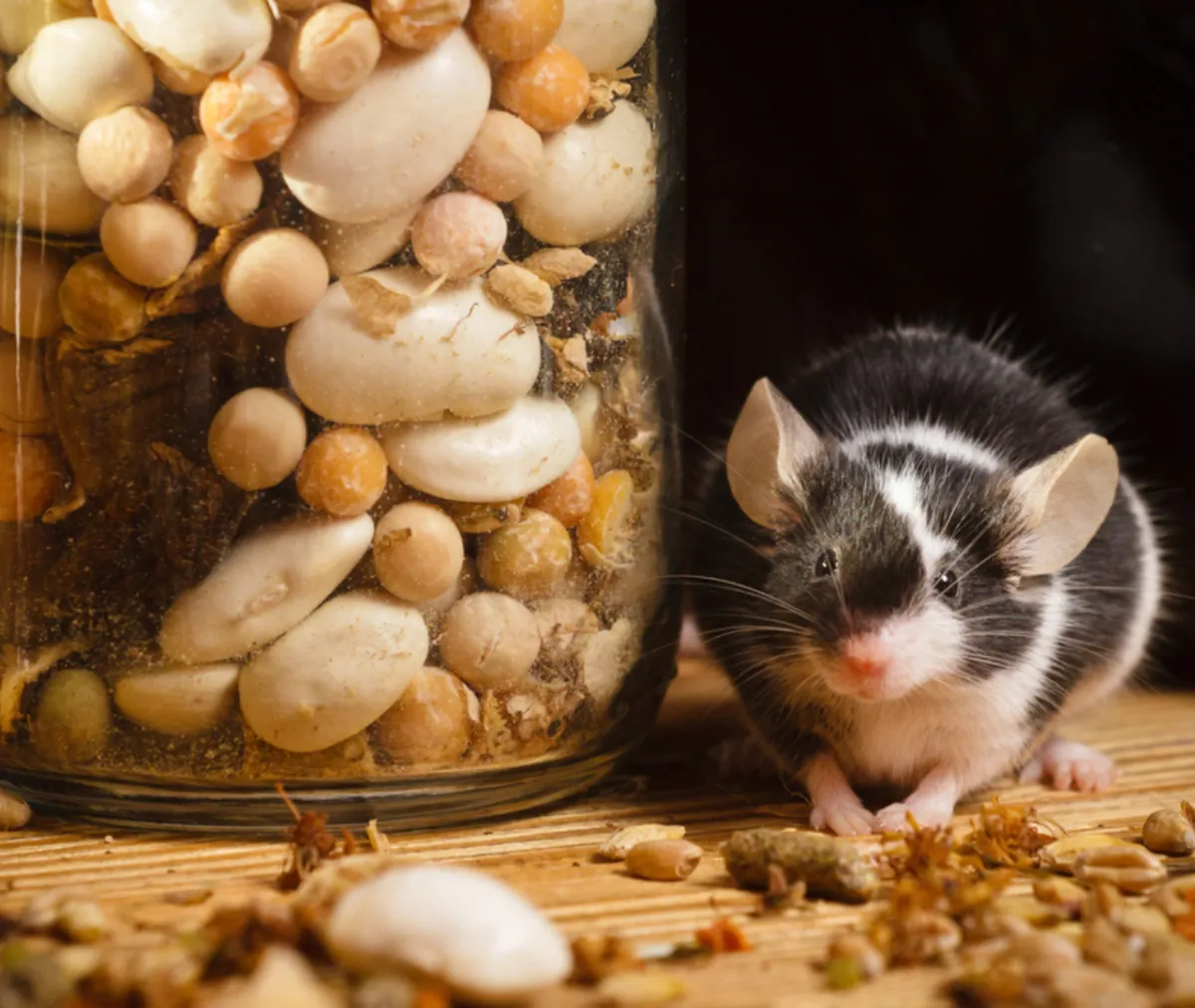
Top 10 Everyday Habits That Attract Pests—and How to Stop Them
No one wants uninvited guests like ants, roaches, rodents, or flies taking over their home. Yet, many homeowners unknowingly create the perfect environment for pests through small, everyday habits. From leaving out crumbs to neglecting proper storage, these routine behaviors can attract pests and create long-term infestations.
Here are the top 10 everyday habits that attract pests—and how you can stop them.
1. Leaving Dirty Dishes in the Sink Overnight
Why it attracts pests:
Food scraps and residue on dishes are like an all-you-can-eat buffet for ants, cockroaches, and even rodents.
What to do instead:
Wash dishes immediately after meals or rinse them thoroughly before placing them in the dishwasher. Avoid letting them sit overnight.
2. Skipping Regular Trash Disposal
Why it attracts pests:
Overflowing trash bins—especially those with food waste—give off strong odors that draw in flies, rats, raccoons, and other pests.
What to do instead:
Empty your kitchen trash daily and use bins with tight-fitting lids. For outdoor bins, ensure they’re sealed and kept away from doors or windows.
3. Letting Clutter Build Up
Why it attracts pests:
Stacks of paper, cardboard boxes, and cluttered storage areas provide perfect nesting spots for mice, cockroaches, and spiders.
What to do instead:
Keep your home organized. Recycle or dispose of cardboard, and use sealed plastic bins for storage, especially in basements and garages.
4. Ignoring Crumbs and Spills
Why it attracts pests:
Even tiny crumbs or sugary spills can lure ants and cockroaches into your kitchen and pantry.
What to do instead:
Wipe down counters, sweep floors, and clean up any food residue immediately. Pay special attention to areas under appliances and dining tables.
5. Leaving Pet Food Out Overnight
Why it attracts pests:
Rodents, ants, and roaches don’t discriminate—they’ll eat your pet’s food too.
What to do instead:
Feed pets on a schedule and remove any uneaten food before bed. Store dry pet food in sealed containers.
6. Overwatering Indoor or Outdoor Plants
Why it attracts pests:
Excess moisture attracts gnats, mosquitoes, and other insects. Damp soil can also invite mold and mildew, which some pests feed on.
What to do instead:
Water only when needed and ensure proper drainage. Empty saucers beneath pots and avoid letting water pool near foundations.
7. Leaving Windows or Doors Open Without Screens
Why it attracts pests:
Open windows and doors offer an open invitation to flying insects, rodents, and even snakes in some areas.
What to do instead:
Install or repair window and door screens. Keep entry points closed, especially during peak pest seasons.
8. Not Sealing Food Properly
Why it attracts pests:
Open cereal boxes, snack bags, and flour containers are easy targets for pantry pests like weevils, beetles, and ants.
What to do instead:
Transfer dry goods to airtight containers. Keep food storage clean and check expiration dates regularly.
9. Allowing Standing Water to Accumulate
Why it attracts pests:
Still water is the perfect breeding ground for mosquitoes and attracts insects looking for hydration.
What to do instead:
Regularly empty birdbaths, kiddie pools, clogged gutters, and outdoor buckets. Repair any leaks under sinks or around toilets inside the home.
10. Ignoring Entry Points Around the Home
Why it attracts pests:
Cracks in the foundation, gaps around windows, or unsealed utility pipes provide easy access for pests.
What to do instead:
Inspect your home regularly for small holes and seal them with caulk, steel wool, or weatherproof foam. Install door sweeps and use mesh screens on vents.
Final Thoughts
Most pest infestations begin with everyday habits that seem harmless at first. By being proactive and adjusting your daily routine, you can dramatically reduce the risk of pests taking over your home.
Simple changes like cleaning up promptly, sealing food, and reducing moisture can make a big difference. And if you suspect an infestation or want professional prevention, don’t hesitate to contact a licensed pest control service for a home inspection.